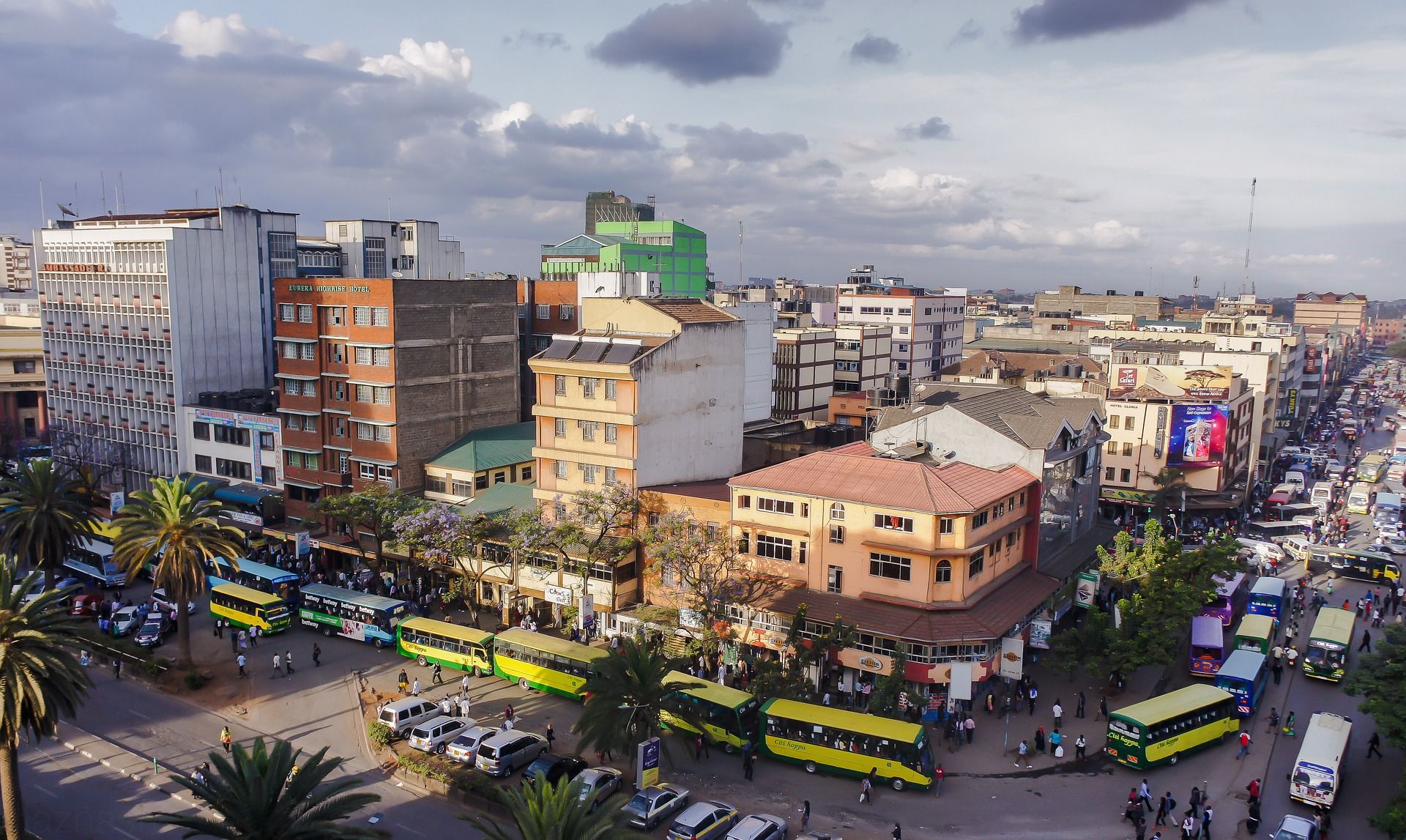Launch of the Talking Africa-Europe Series 2021- Localising the Africa-Europe Partnership

The first of a monthly series entitled “Talking Africa-Europe — Localising the Africa-Europe Partnership” examined the role and potential of cities, particularly in Africa, in tackling contemporary challenges linked to demography, climate change, employment, healthcare, housing and transport, as well as global pandemics.
The aim of the series of events is to consider how to build momentum towards the next EU-AU Summit early next year and explore how local leadership of cities can contribute in a meaningful way, given that cities are on the frontline of these challenges.
“The past year has shown us that we need new ways of forging global relationships,” said Yvonne Aki-Sawyerr, the current Mayor of Freetown in Sierra Leone.
“As countries grapple with the impact of Covid-19 and face prospects of further shocks such as climate change, cities are increasingly showing that we can help to chart a path forward. But we can’t do it alone.”
She further explained how cities need to work together and with international institutions such as the EU and AU, adding that there is a need to think about different modes of cross-border cooperation, particularly in the wake of the pandemic.
Aki-Sawyerr mentioned how in Freetown there has been a significant level of community engagement and a number of focus groups, and gave the example of how the city is committed to planting one million trees in the next two years to increase vegetation and the carbon sink.
In terms of cities working together successfully, she gave the example of Milan and Freetown which have set up a mobility scheme with the aim of developing the fashion industry in the Sierra Leonean capital.
Not every city is equal, however.
“Whilst some cities can do a lot because they have a mandate, other cities struggle,” she said. “For example, during the pandemic, some cities could pass emergency controls, but others are dependent on national governments.”
She also recalled how many cities do not have a mandate to control local development, meaning in practice that they cannot issue housing or building permits or control access to land. This in turn affects the quality of life in the city and can lead to migrants choosing to leave the country.
She also emphasised the role of finance, explaining that no intervention aimed at achieving the sustainable development goals happens without it.
“Our structures have not favoured cities, and not all cities can generate revenue,” Aki-Sawyerr said. “There are restrictions. For example, UN institutions will work thorough national states rather than cities, and where there are political differences, this can result in less than efficient optimisation”.

Sandra Kramer, a Director in the European Commission who was representing the EU Commissioner for International Partnerships Jutta Urpilainen during the event, mentioned how the Nigerian city of Lagos was home to 22 million people, 60% of whom are under 15.
“We want to work on common challenges, such as climate change and the digital transformation,” she said. “It’s about budgets and access to finance. We need to transform these challenges into opportunities for a sustainable and fair recovery.”
“Development comes from effective decentralisation,” concluded Aki-Sawyerr “Mayors need to be delivery-focused, and the jobs needs to be more about getting the work done, rather than creating the enabling environment to get it done.”
“We need to move from rhetoric and sentiment to more proactive actions, including putting pressure on national states. If you cannot exercise development control, control building permits, and be responsible for land use, how do you run cities? This is food for thought."